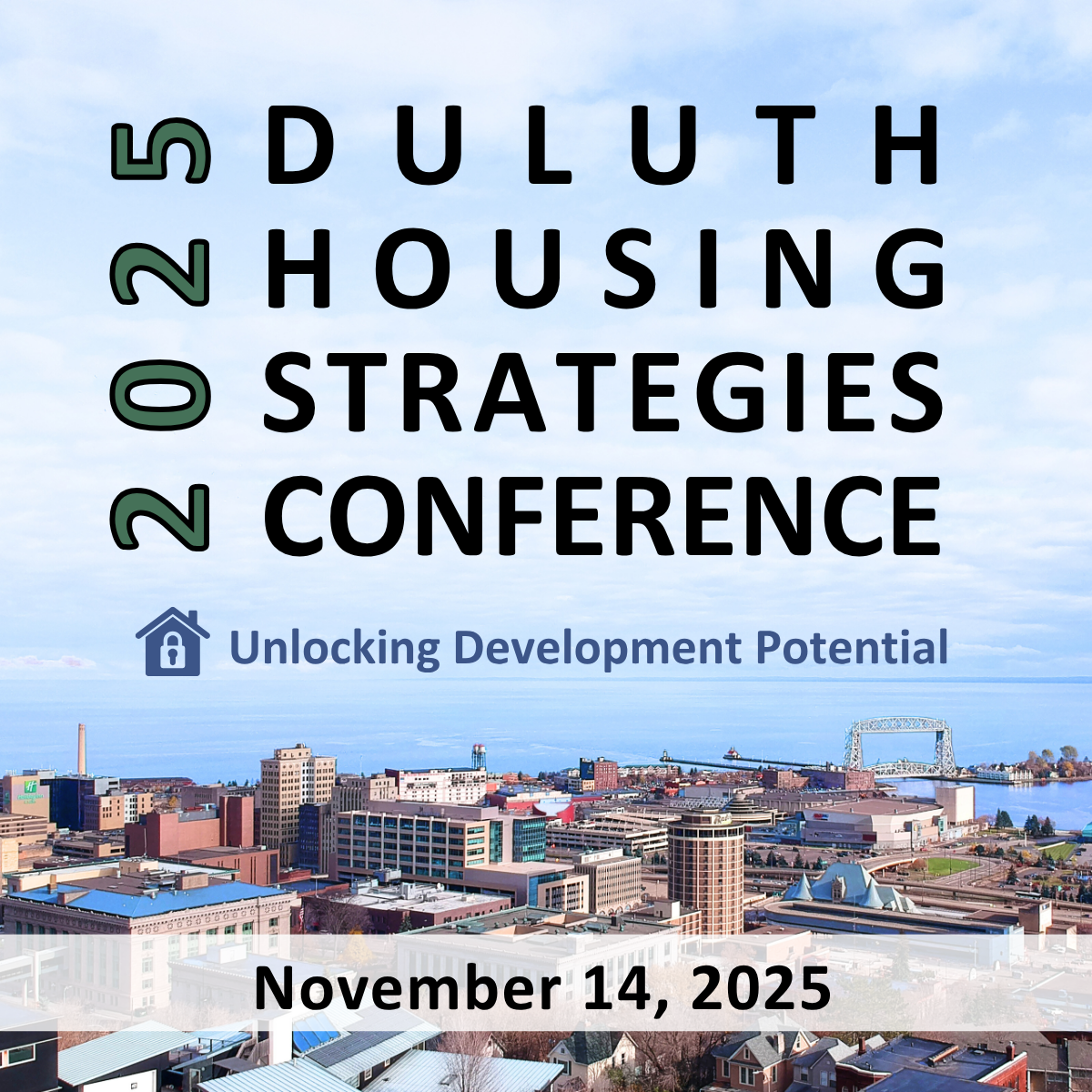Consolidated Plan
2025-2029 Consolidated Plan and 2025 Action Plan
There was 30-day public comment period for the draft 2025-2029 Consolidated Plan and 2025 Annual Action Plan and funding recommendations from November 2, 2024 – December 3, 2024. Comments about the City’s progress toward five-year community development goals are outlined in the Plan. These funding recommendations are for approximately $3 million from the U.S. Department of Housing and Urban Development. The Community Development Committee (CD Committee) plans and advises on the use of these funds to the Duluth City Council.
A public hearing on the recommendations was held by the CD Committee on Tuesday, November 19, 2024, in Room 430, Lakeview Room – 4th Floor - City Hall. The purpose of the public hearing was for citizens to comment on the Draft Plan and the funding recommendations. Members of the public were encouraged to attend and provide comments.
Written/Email comments were encouraged during this Public Comment Period. All comments were shared with the CD Committee.
